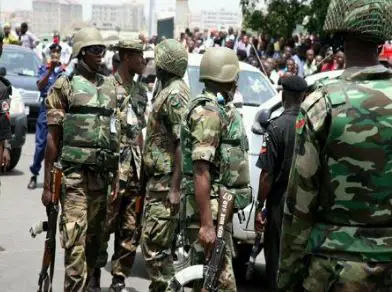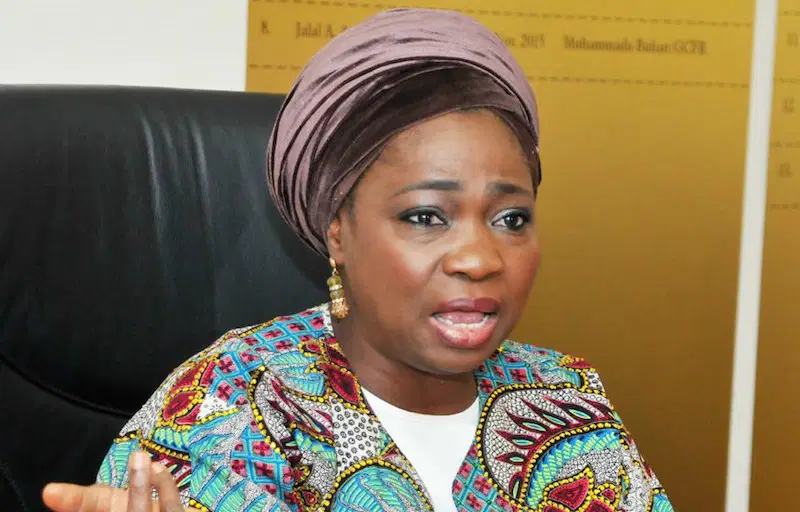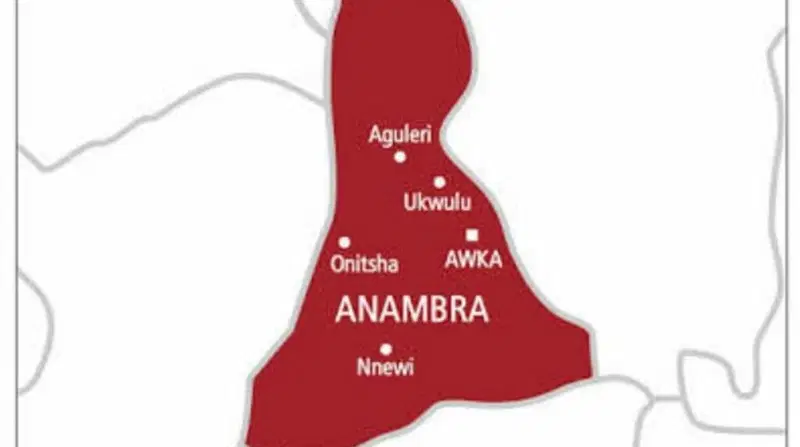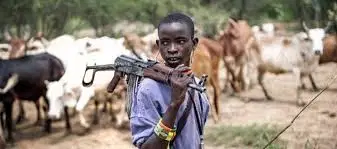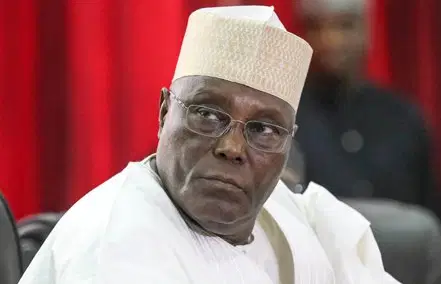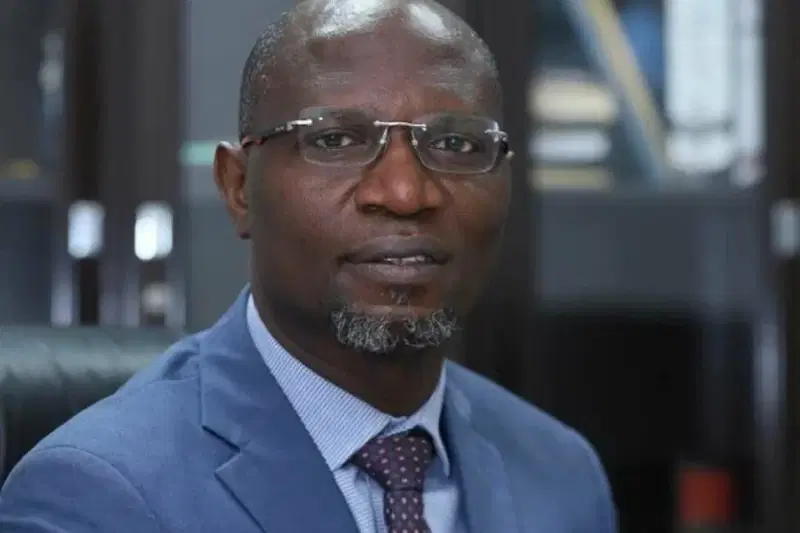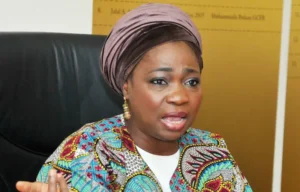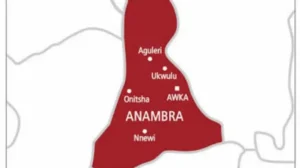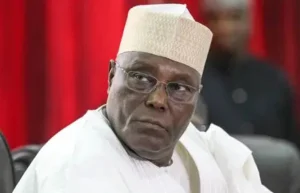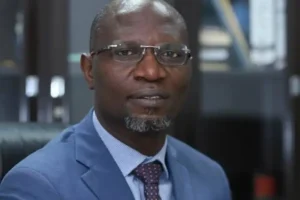The Federal Government has reaffirmed its commitment to tackling insecurity in Nigeria through strategic investments in equipment, manpower, and intelligence gathering. According to Dr. Ibrahim Abubakar Kana, Permanent Secretary at the Ministry of Defence, the government is dedicated to addressing the country’s security challenges .
Minister of Information and National Orientation, Mohammed Idris, recently addressed the pressing issue of violence in the Sahel region and its impact on Nigeria’s territorial integrity at the first international conference organized by the News Agency of Nigeria (NAN) in Abuja. He emphasized the need to tackle the root causes of this violence.
The parley brought together experts, policymakers, and stakeholders to assess and propose solutions to the challenges posed by violence in the Sahel region.
The minister acknowledged that the Sahel region had become a vortex of instability, violence, terrorism, organized crime, drug trafficking, smuggling of weapons and violent extremism, with spillover effect on Nigeria due to the country’s porous borders with the region.
“Nigeria shares a long and porous border with several Sahelian countries caught up in conflict, making us vulnerable to the spillover effects of the conflict.
”This not only threatens our security but also challenges our capacity to maintain effective control over our borders.
“Several scholars and experts had earlier attributed these challenges to socio-economic marginalization, weak governance structures, environmental degradation and climate change, transnational organized crime, and illegal trafficking in arms, among others.
”But the spill-over effect of these conflicts is taking its toll on our economy, internal security and the socio-economic well-being of our people,” he said.
The minister noted that the root causes of violence in the Sahel, include socio-economic marginalization, weak governance structures, environmental challenges, and organized crime, adding that the federal government was, however, committed to addressing these underlying issues, both domestically and in collaboration with international partners.
He said: “The violence in the Sahel is not an isolated issue, and no single country can tackle it alone. Therefore, Nigeria has stepped up its engagement with its neighbours and other regional and international partners, it’s strengthening joint military operations such as the Multinational Joint Task Force, and also supporting initiatives that aim to stabilize the Sahel region.”
President Tinubu’s Renewed Hope Agenda prioritizes security, focusing on investments in equipment, manpower, fighting platforms, and intelligence gathering to combat insecurity. Minister Idris emphasized the need for collaboration among government agencies, international partners, and security experts to safeguard Nigeria’s territorial integrity and promote lasting peace in the Sahel region .
To address these challenges, experts suggest examining the root causes of armed conflicts in the Sahel. This includes understanding the socio-economic factors driving insecurity, such as poverty, unemployment, and climate change.
President Bola Tinubu was represented by National Security Adviser Malam Nuhu Ribadu at the event.
Other dignitaries present were the Chief of Defence Staff, General Christopher Musa; Governor of Katsina State, Alhaji Umar Dikko Radda; Minister of Budget and Economic Planning, Alhaji Atiku Bagudu, and the Minister of Steel Development, Alhaji Shuaibu Abubakar.

